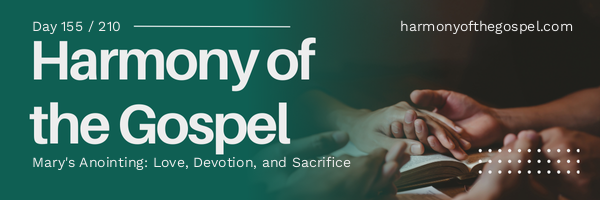In all four Gospels (Matthew 21:1–11, Mark 11:1–10, Luke 19:29–44, John 12:12–19) Jesus approaches Jerusalem amid shouts of “Hosanna,” people spread cloaks and branches, and he is acknowledged as king. Each writer colors the scene differently: Matthew notes fulfillment of prophecy; Mark gives the brief, vivid account; John ties the crowd’s acclaim to the raising of Lazarus; Luke adds Jesus’ heartbreaking weeping over the city’s coming judgment. The common fact is startling—Jesus accepts humble honor while knowing the cross and the city’s failure lie ahead.
This moment reveals who Jesus really is: a king who refuses the tools of earthly power. Entering on a donkey, he claims messianic authority but chooses peace, vulnerability, and suffering over spectacle and force. At the same time the passage illuminates us—our quick capacity to celebrate a hopeful sign and our equal readiness to abandon that hope if it doesn’t match our expectations. Don’t miss the tension: the crowd’s praise is genuine and fragile; Jesus’ compassion is real and costly. He gives mercy and invites repentance, yet foretells consequences when people harden their hearts.
Practically today, welcome Jesus by choosing humility over applause. This morning, pick one small, visible way to “lay down your cloak”—put your phone away during a conversation, make a humbling apology, or serve someone without announcing it. Read the entry story slowly (especially Luke 19:41–44) and pray for the places you live and work—ask for the grace to seek peace instead of power. Let your “Hosanna” be matched by deeds that build the kingdom of the donkey, not the throne.
Matthew: 21:1-11
Jesus instructs his disciples to fetch a donkey and its colt so he can enter Jerusalem, fulfilling prophecy; he rides in while the crowd spreads cloaks and branches and shouts "Hosanna," acclaiming him as Jesus, the prophet from Nazareth.
Open VerseMark: 11:1-10
Jesus sends two disciples to fetch a colt for him to ride into Jerusalem, entering the city as people spread their cloaks and leafy branches on the road. The crowd greets him with shouts of "Hosanna" and "Blessed is he who comes in the name of the Lord," welcoming him as their hoped‑for king.
Open VerseLuke: 19:29-44
Jesus makes a triumphal entry into Jerusalem, riding on a colt while the crowds acclaim him with cloaks and palm-like branches, and when Pharisees ask him to rebuke them he says that even the stones would cry out if the people were silent. He then weeps over Jerusalem, lamenting that it did not recognize the time of God's visitation and predicting coming destruction because it rejected peace.
Open VerseJohn: 12:12-19
As Jesus enters Jerusalem, a great crowd welcomes him with palm branches, shouting praises and hailing him as the King of Israel; Jesus rides a young donkey, fulfilling the prophecy of Zechariah. The crowd remembers his raising of Lazarus, the Pharisees grumble that "the world has gone after him," and the disciples only later grasp the significance of these events.
Open Verse